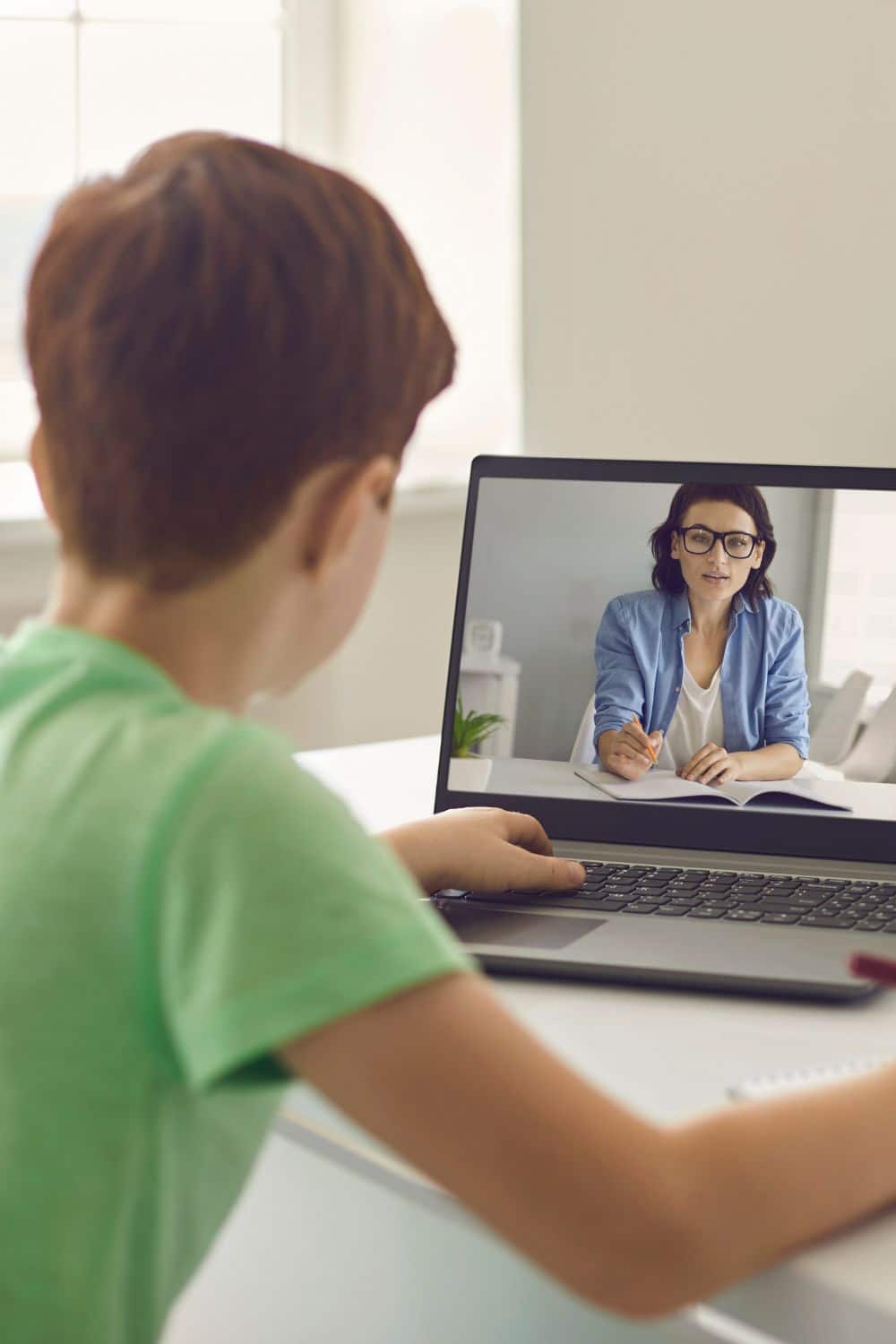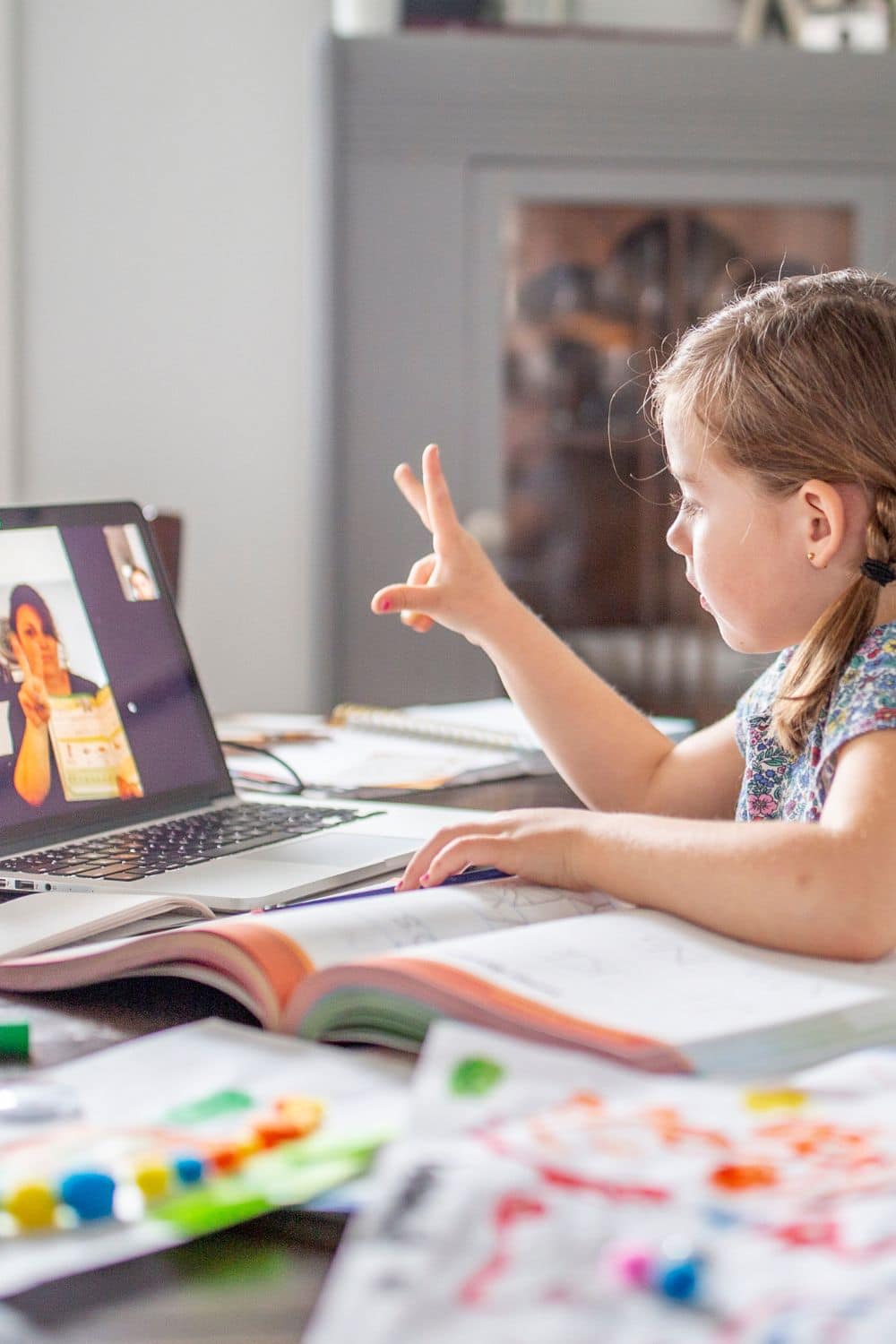Are you looking for unique ways to teach your kids a new skill? Here are great Ways to Use Video Lessons to Help Your Kids Learn Better
Intelligent Ways to Use Video Lessons to Help Your Kids Learn Better
As parents, it’s our job to provide our kids with the best possible education. But in today’s increasingly digital world, traditional teaching methods may not be enough. Many parents now turn to video lessons for their children to learn and grow. With the right approach, video lessons can be a powerful tool for helping your kids progress in their studies—and have fun. Here are some intelligent ways to use video lessons to help your children learn better.
1. Provide Positive Reinforcement
Kids often need extra motivation to stay on track with their studies. Positive reinforcement is an effective way to help your child stay focused and encouraged in their education. Whenever your child completes a video lesson or achieves one of their goals, provide them with positive feedback and support.
Positive reinforcement can take many forms, depending on your child’s personality and learning style. For some kids, a simple “Well done” or a pat on the back may be enough to make them feel proud of themselves. Others may require more tangible rewards like stickers or small toys as an incentive for completing tasks. Additionally, you could try setting up an environment defined for kids to learn and study, like a designated “study room” or corner in the house to keep them focused. It is important to ensure your child knows that you recognize their efforts and appreciate all the work they’re putting in.
2. Choose the Right Video Lessons
The first step in making the most of video lessons for your kids is to choose the right ones. Start by researching different providers and what kind of content they offer. Consider topics that match your child’s learning needs, interests, and age level. This will help you find lessons that are suitable and engaging.
It would help if you also made sure the video lessons were reliable. Check if the provider has professional qualifications, such as from an accredited university or educational institution. This will give you peace of mind that your child is getting quality content.
3. Set Goals for Success
Setting goals is an important part of any successful learning journey. Not only do they help to keep your child motivated, but they also provide a sense of direction and purpose that can lead to better results in the classroom. By setting clear and achievable goals for your child, you can ensure that their education is on track and give them the best chance at success.
To get started with goal-setting, begin by helping your child identify what they want to achieve from their studies. This could include academic goals such as getting good grades or mastering certain topics and more personal objectives like gaining confidence or improving critical thinking skills.
4. Incorporate Variety Into Their Learning
Video lessons can effectively help your child learn, but it’s important to keep things interesting. Too much repetition and monotony can lead to boredom and frustration, so aim to mix up their learning routine with different activities.
One way you can do this is by incorporating various video lessons into your studies. For example, you could combine educational videos from online tutors with fun video tutorials from YouTube channels related to their interests. Additionally, you can look for interactive activities such as quizzes or games that your child can complete on the computer or tablet.
5. Monitor Progress
It’s also important to keep track of your child’s progress when it comes to their video lessons. Monitoring their results can help you understand what is and isn’t working for them, allowing you to adjust the curriculum as necessary. It will also give you an indication of how far they have come in their learning, as well as where they need to improve.
To monitor progress, you could ask your child what topics they have been learning about and how the material is helping them understand certain concepts better. Additionally, some providers offer detailed tracking tools that allow you to see which lessons your child has completed, their quiz scores, and whether they have achieved pre-set goals.
6. Make it Fun
Finally, make sure your child is enjoying their video lessons. Learning should be an enjoyable experience, so try to make the process as fun and engaging as possible. This could include adding a competitive element to quizzes or playing educational games together. You could also watch educational videos as a family activity or host regular debates on interesting topics.
By making learning fun, you’ll be able to keep your child engaged and interested in their studies. Additionally, it will help them develop a positive attitude toward education that will benefit them.
Video lessons can be an effective way to help your child learn. However, it’s important to use them in an engaging and enjoyable way for your child. Try incorporating some tips above to ensure your child gets the most out of their video lessons.


Leave A Reply!